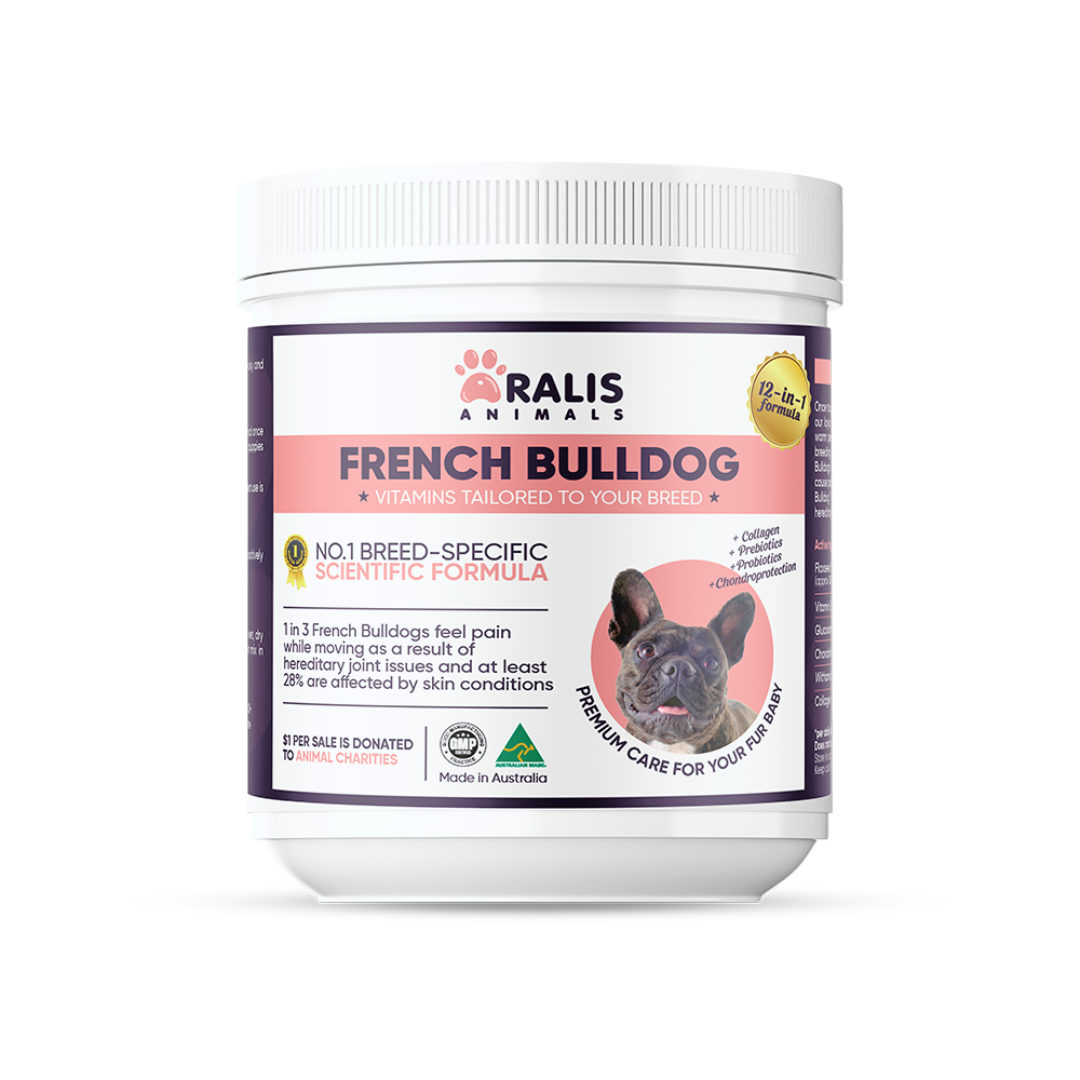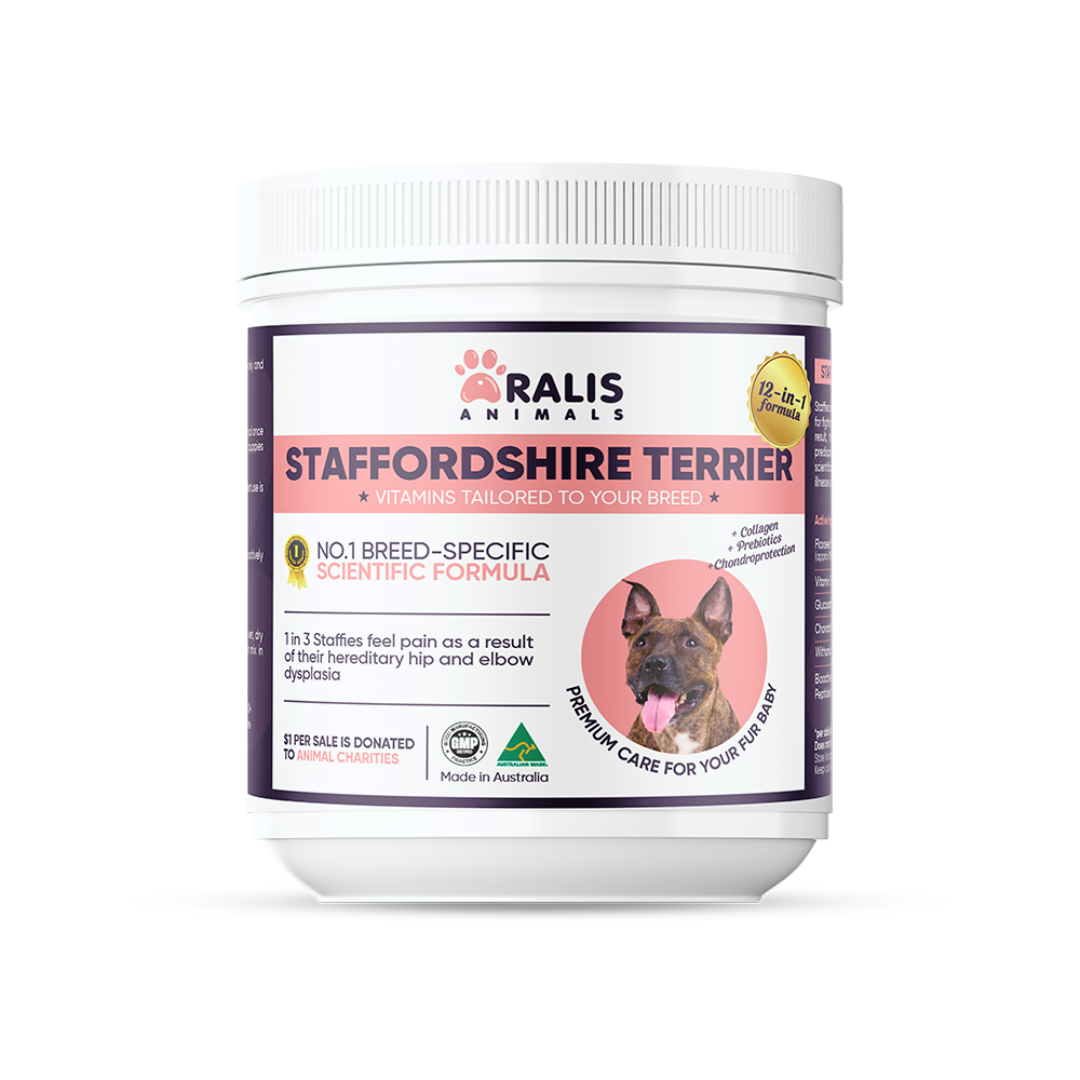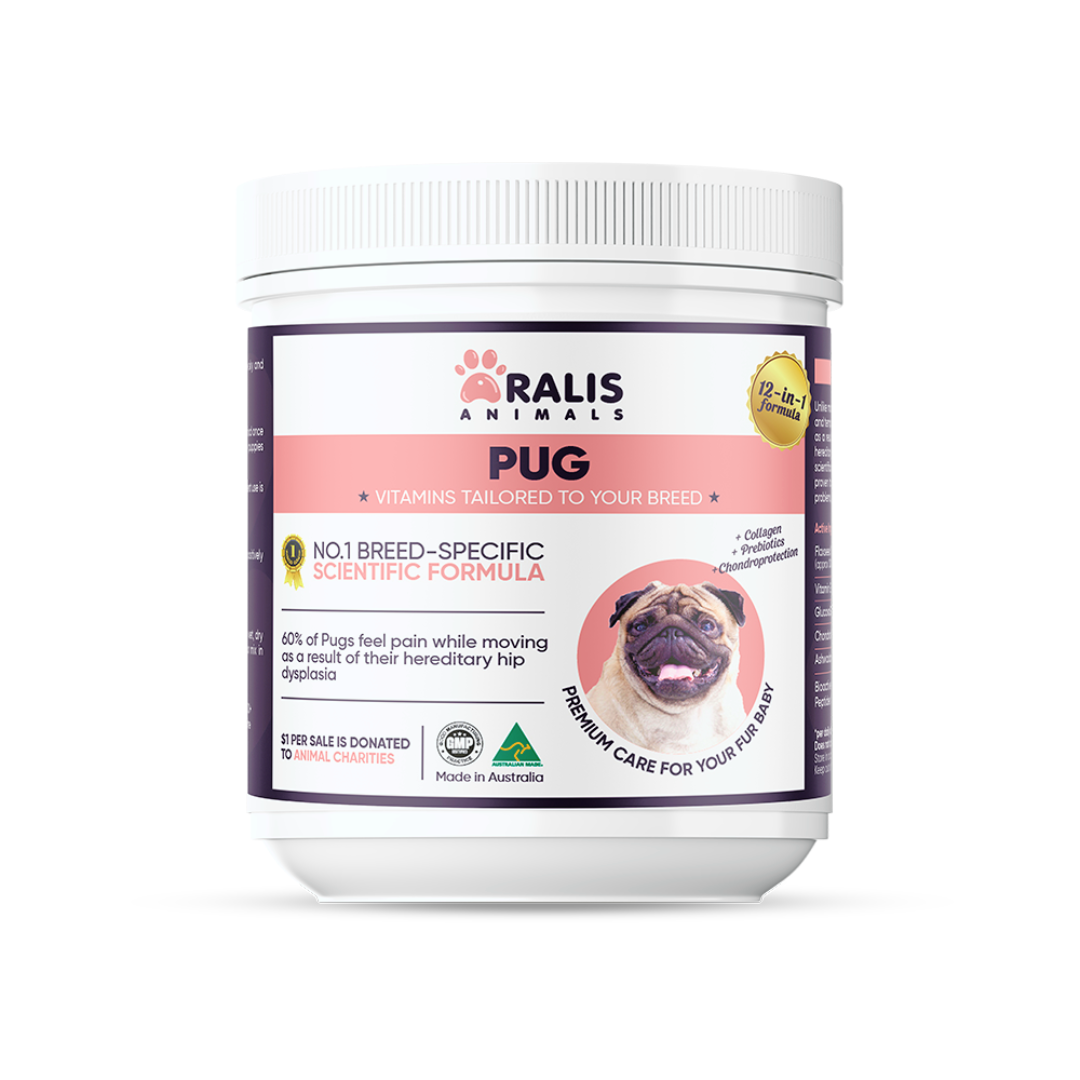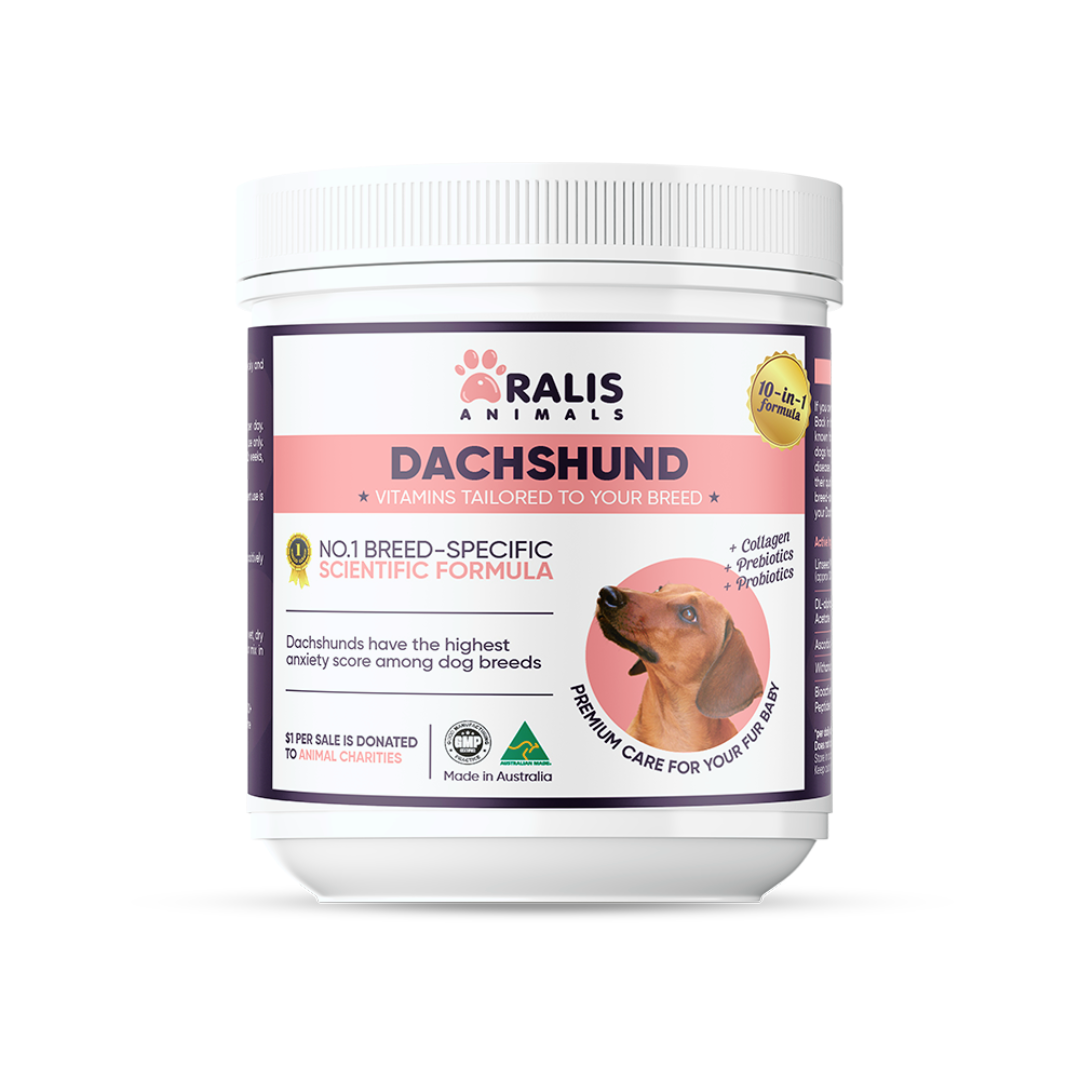Unlocking the Secrets to Soothing Your Dog's Skin Allergies

As a devoted pet owner, you want nothing more than to see your furry companion happy and healthy. But when your dog starts scratching, licking, and biting at their skin, it can be a clear sign that something is amiss. Dog skin allergies are a common issue that can cause significant discomfort and distress for our four-legged friends. Understanding the underlying causes and exploring effective treatment options is crucial for providing your pup with the relief they deserve.
Unraveling the Causes of Dog Skin Allergies
Dog skin allergies can stem from a variety of sources, each requiring a unique approach to management and treatment. Let's delve into the most common culprits:
Environmental Allergens
Just like humans, dogs can develop sensitivities to various environmental factors, such as pollen, dust mites, or even certain types of grass. These airborne allergens can trigger an immune response, leading to itchy, inflamed skin.
Food Allergies
Some dogs may have adverse reactions to specific ingredients in their diet, such as proteins, grains, or preservatives. These food allergies can manifest as skin irritation, digestive issues, or a combination of both.
Flea Allergies
Fleas are a common pest that can wreak havoc on a dog's skin. For dogs with flea allergies, even a single bite can cause intense itching and inflammation.
Genetic Predispositions
Certain breeds, such as Labradors, Retrievers, and Terriers, are more prone to developing skin allergies due to their genetic makeup. This predisposition can make them more susceptible to various allergens.
Identifying the Symptoms of Skin Allergies in Dogs
Recognizing the telltale signs of skin allergies in your dog is the first step towards finding a solution. Keep an eye out for the following symptoms:
- Persistent itching and scratching
- Redness, inflammation, or hot spots on the skin
- Excessive licking or chewing of the affected areas
- Hair loss or thinning of the coat
- Skin infections or secondary bacterial/fungal issues
If you notice any of these signs, it's important to consult with your veterinarian to determine the underlying cause and develop an appropriate treatment plan.
Diagnosing and Treating Dog Skin Allergies
Identifying the root cause of your dog's skin allergies is crucial for effective treatment. Your veterinarian may recommend a combination of the following diagnostic approaches:
Allergy Testing
Skin or blood tests can help identify the specific allergens triggering your dog's immune response, allowing for targeted treatment.
Elimination Diets
Switching to a limited-ingredient or hypoallergenic diet can help pinpoint food-related allergies, providing valuable insights for long-term management.
Veterinary Examination
A thorough physical examination, along with a review of your dog's medical history, can help your vet rule out other potential causes and develop a personalized treatment plan.
Once the underlying cause has been identified, your veterinarian may recommend one or more of the following treatment options:
Medications
Antihistamines, corticosteroids, or immunosuppressants may be prescribed to reduce inflammation, itching, and discomfort.
Natural Remedies
Soothing oatmeal baths, omega-3 and omega-6 fatty acid supplements, and natural anti-inflammatory herbs can provide gentle, holistic relief.
Topical Treatments
Medicated shampoos, creams, or ointments can help soothe and heal the affected skin.
Dietary Modifications
Switching to a hypoallergenic or limited-ingredient diet can help eliminate food-related triggers and support skin health.
Empowering Your Dog's Skin Health at Home
While your veterinarian will play a crucial role in managing your dog's skin allergies, there are also several steps you can take at home to support their comfort and well-being:
Bathing Techniques
Gentle, frequent bathing with a mild, hypoallergenic shampoo can help remove allergens and soothe irritated skin.
Environmental Modifications
Regularly vacuuming, dusting, and using air purifiers can help reduce exposure to environmental allergens.
Dietary Supplements
Incorporating skin-nourishing supplements, such as omega-3 and omega-6 fatty acids, can help strengthen the skin's natural barrier. Aralis Animals offers breed-specific multivitamins designed to support skin health, gut balance, and overall well-being. Check out the range here.
Grooming Routines
Consistent brushing and grooming can help remove excess hair, dander, and other potential irritants.
By working closely with your veterinarian and implementing a comprehensive approach to managing your dog's skin allergies, you can help your furry friend find relief and enjoy a happier, healthier life.
Preventing and Managing Dog Skin Allergies
Proactive steps can go a long way in preventing and managing your dog's skin allergies. Here are some strategies to consider:
Balanced Nutrition
Feeding your dog a high-quality, hypoallergenic diet can help support their immune system and maintain healthy skin.
Allergen Avoidance
Identifying and minimizing your dog's exposure to known allergens, whether environmental or dietary, can significantly reduce flare-ups.
Immune System Support
Incorporating supplements or natural remedies that boost the immune system can help your dog's body better manage and respond to allergens.
Regular Veterinary Checkups
Routine visits with your veterinarian can help catch any skin issues early and ensure your dog's ongoing health and well-being.
By understanding the causes, symptoms, and treatment options for dog skin allergies, you can empower yourself to provide your beloved companion with the care and comfort they deserve. With patience, persistence, and a holistic approach, you can help your dog find relief and enjoy a happier, itch-free life.





